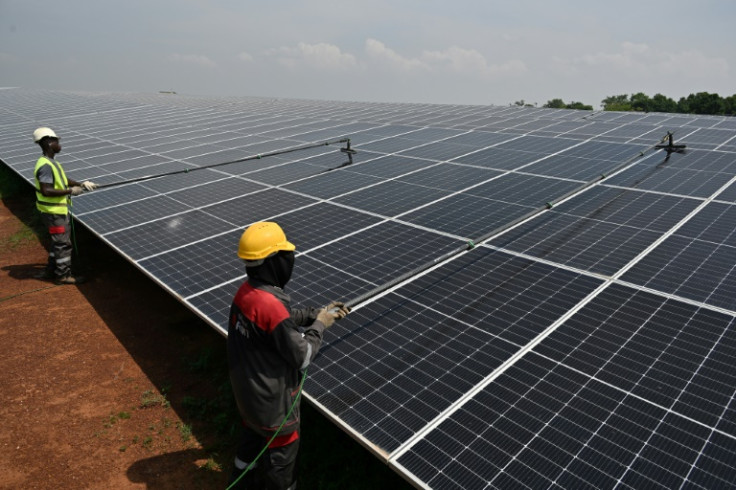NSW Launches AU$290 Million Plan To Help Households Save On Energy Costs

The New South Wales Government on Monday unveiled its consumer energy strategy that included a AU$290 million fund and comprehensive 50-point plan designed to improve access for households and businesses to technology that saves energy and cuts power bills.
The strategy was intended to provide households and businesses with better access to technologies such as solar, batteries and energy efficiency upgrades to help them to reduce their power bills.
"There are many houses across the state that are too hot in summer, too cold in winter, and as a result, energy prices and costs for the household skyrocket," Premier Chris Minns stated. "Through the strategy, we are making it easier for households and small businesses to access the cost saving benefits of solar panels, batteries and heat pumps, while they reduce their emissions."
The major share, which is AU$238.9m, will be used to upgrade or install energy-saving methods in households, with the whole program set to be finalized by 2025, Energy Minister Penny Sharpe announced, according to News.com report.
Starting 2025, the state plans to introduce home energy ratings during sale or lease. This will provide detailed costs about heating and cooling to the renters and buyers.
The state has also set a target of installing one million households and businesses with solar panels on the roof and a battery by 2035, and increasing the number to 1.5 million by 2050.
This year, the state government set apart AU$435m toward energy bill rebates and debt relief, while it funded AU$200m on public EV charging stations and AU$175m on energy savings in 24,000 social housing homes.
"We want to make it as easy as possible for residents and small businesses to benefit from the energy transition, creating a more sustainable and affordable energy future for all," Sharpe said. "By prioritizing accessibility and equity, we are empowering households and small businesses to upgrade their homes and businesses. This will not only lower energy bills but also benefit our environment."
© Copyright 2025 IBTimes AU. All rights reserved.





















